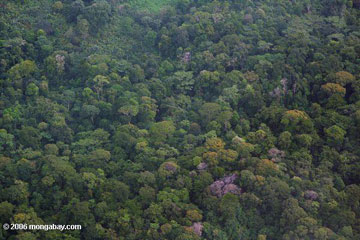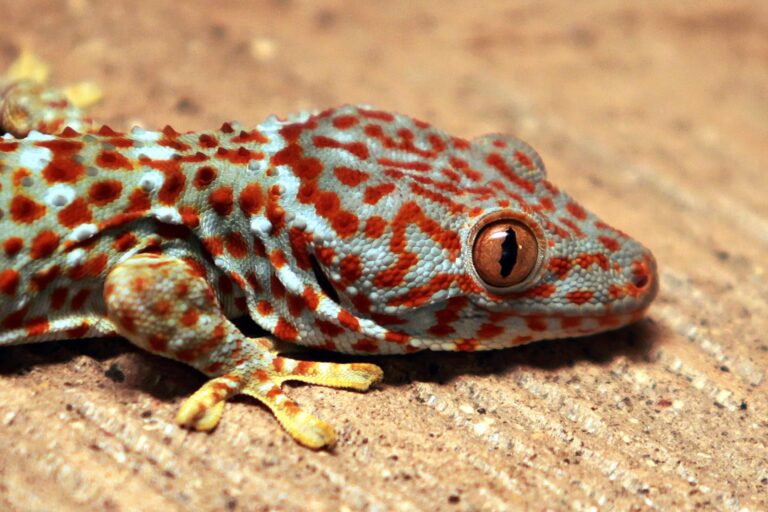AES Corp seeks to flood rainforest World Heritage site
AES Corp seeks to flood rainforest World Heritage site
mongabay.com
April 23, 2007
American power company AES Corporation seeks to flood sections of Panama’s La Amistad World Heritage site, alleges a coalition of more than 30 environmental groups that today filed a petition against the electric utility.
The Center for Biological Diversity, a Tucson, Arizona-based organization, says that AES is “pushing forward with plans to construct a series of hydroelectric dams in the Changuinola River basin of Panama” that would affect some 600 miles of streams and creeks in La Amistad, a park declared a World Heritage Site by the United Nations Educational, Scientific and Cultural Organization (UNESCO) in 1990.
“The dams, roads, bridges and power lines slated for construction would devastate unique native species, destroy a dynamic, free-flowing river, and open this remote jungle for development,” said Peter Galvin, conservation director with the Center for Biological Diversity.

Rainforest of La Amistad. Photo by R. Butler
|
La Amistad is home to more than 215 species of mammals, 600 species of birds, 115 species of fish, and 250 species of reptiles and amphibians, including several hundred plant species and 40 bird species that are found nowhere else in the world. It also supports several indigenous tribal communities that live along its border.
AES claims the dams will help fight global warming by offsetting greenhouse gas emissions, despite growing evidence showing that tropical dams and their associated reservoirs actually increase methane emissions, a potent heat-trapping gas.
“We must act now to protect La Amistad or else risk losing this international treasure,” said Ezekiel Miranda, an environmental leader who lives near the park.
La Amistad World Heritage “In Danger” petition
Related
Panama Canal port projects threaten mangroves. Port development and land speculation in Panama is turning some of the Caribbean’s most productive mangrove forests into landfill. The landfill would be used for container storage near the city of Colon, at the mouth of the Panama Canal. But local scientists say the transformation could have unintended environmental consequences.
This brief is based on a news release from the Center for Biological Diversity.














